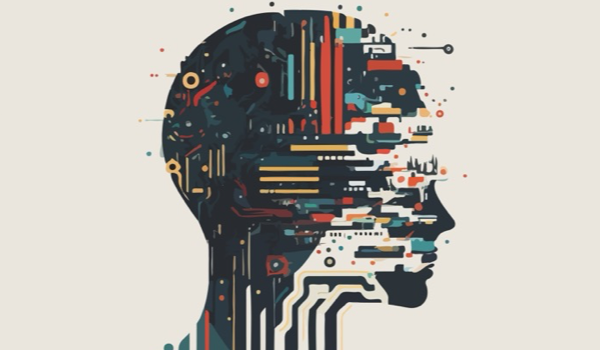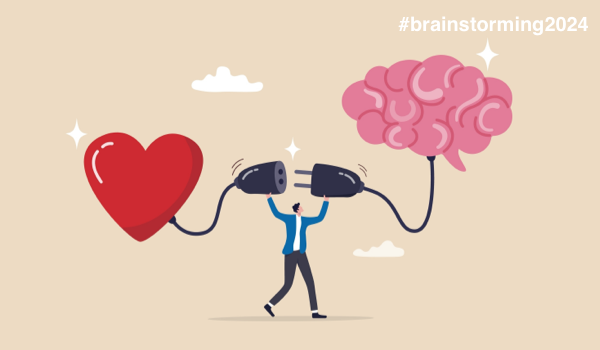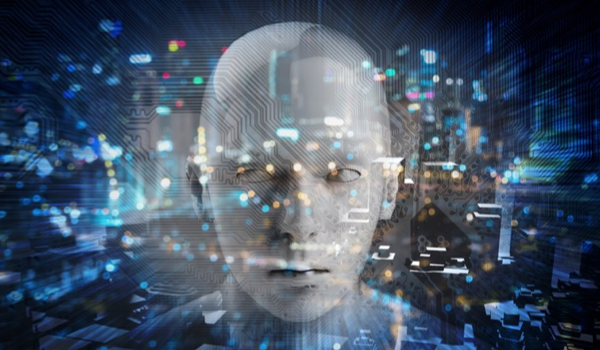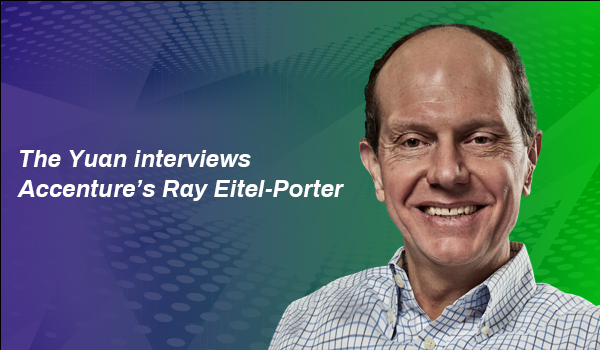


WASHINGTON, DC - Rapid advances in artificial intelligence (AI) in recent months have unleashed a tidal wave of worries and questions. Will this new technology substantially reduce employment by eliminating the need for many human workers? Will it undermine democracy? Does it pose an existential threat to humanity?
Concern about technological change is nothing new, but it typically addresses what economists would describe as marginal effects - such as whether more workers without college degrees find it harder to get jobs, or whether income inequality grows. Unease about AI, on the other hand, is of a different order of magnitude - with some experts predicting it might upend civilization, or even wipe it out.
Tech leaders have argued that certain AI systems “pose profound risks to society and humanity,” a sentiment echoed by leading AI scientists. A recent poll found nearly half of respondents concerned about “the possibility that AI will cause the end of the human race on Earth.” Over two-thirds support a pause on some kinds of AI development.
This view is astonishingly pessimistic. To understand why, one should start with the basic - but seemingly overlooked - fact that tech advances improve human welfare. In 1800,
The content herein is subject to copyright by Project Syndicate. All rights reserved. The content of the services is owned or licensed to The Yuan. The copying or storing of any content for anything other than personal use is expressly prohibited without prior written permission from The Yuan, or the copyright holder identified in the copyright notice contained in the content. Continue with Linkedin
Continue with Linkedin
 Continue with Google
Continue with Google








 1006 views
1006 views









